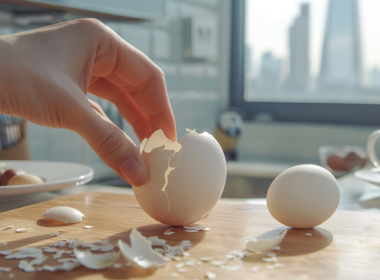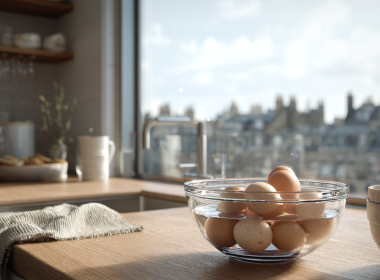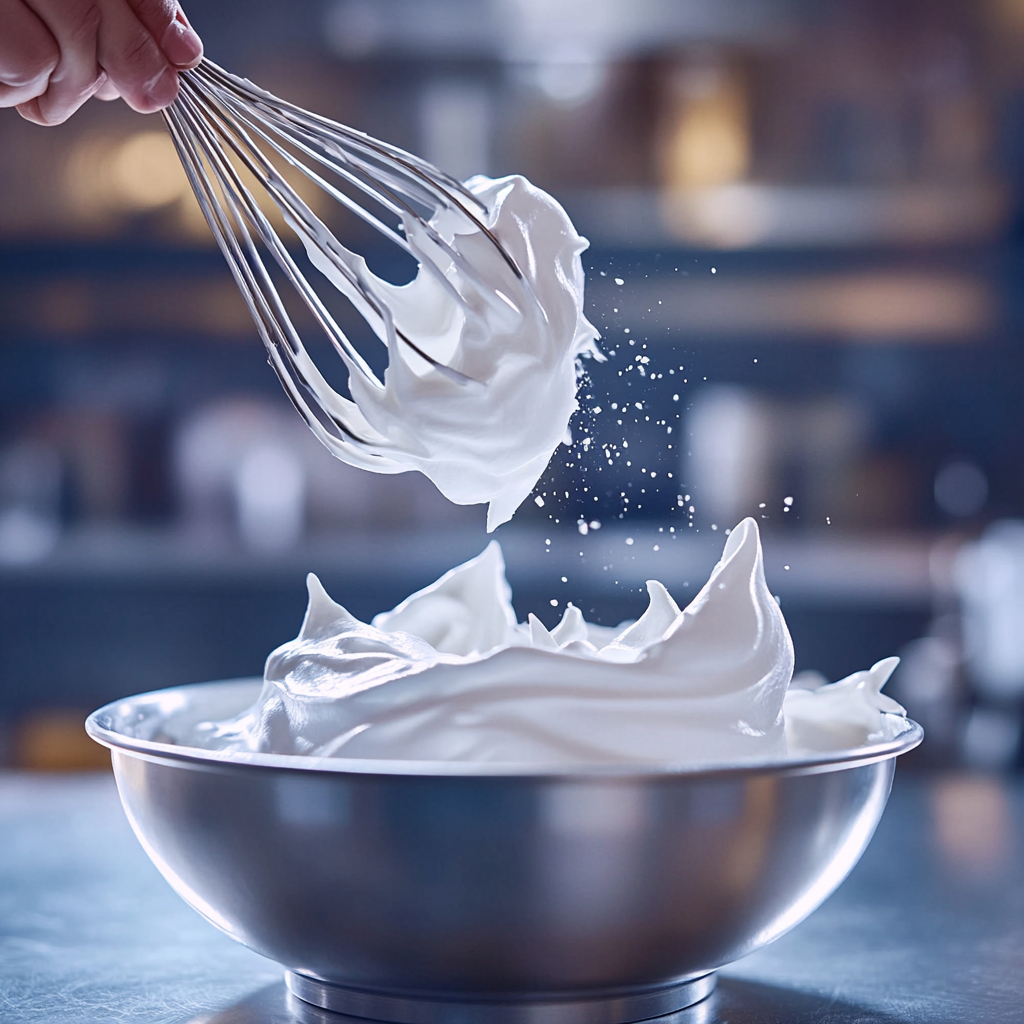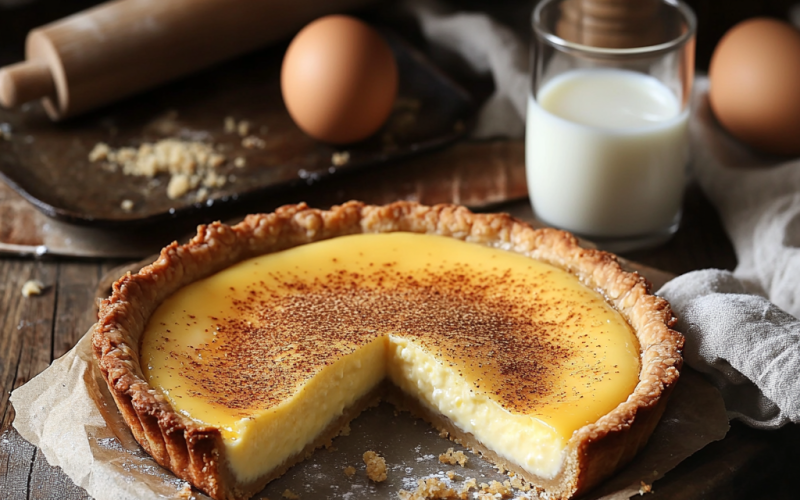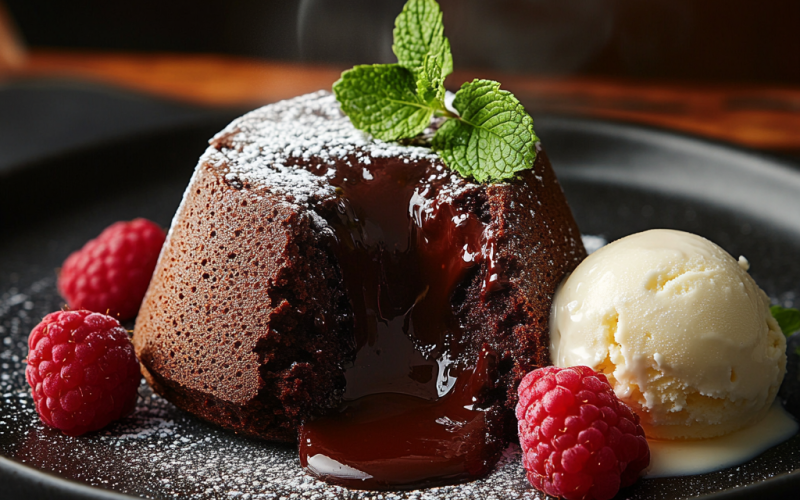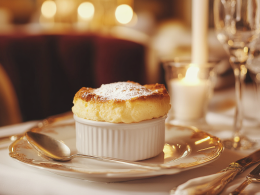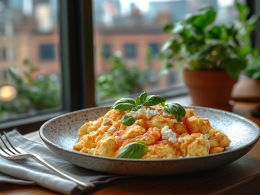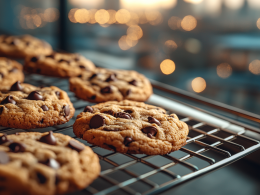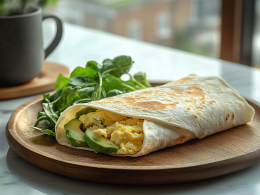Meringue is a delicate, airy delight that can elevate your desserts to new heights. However, making it perfectly every time requires a blend of precision and technique. Whether you’re preparing classic French meringue, Swiss meringue, or Italian meringue, understanding the fundamental dos and don’ts will ensure you achieve glossy, stiff peaks without frustration. Let’s dive into the essential tips for flawless meringue!
The Dos: How to Get a Perfect Meringue
1. Use Room Temperature Egg Whites
Cold egg whites don’t whip as well as room-temperature ones. Before you start, let your eggs sit out for at least 30 minutes to ensure they reach the optimal temperature for whipping.
2. Use a Clean, Grease-Free Bowl
Any trace of grease or egg yolk can ruin your meringue. Always use a glass or metal bowl and wipe it down with vinegar or lemon juice to remove any residue.
3. Add Acid for Stability
A pinch of cream of tartar (¼ teaspoon per egg white) or a few drops of lemon juice or vinegar helps stabilize the meringue and create stronger peaks.
4. Gradually Add Sugar
For the best texture, slowly add sugar one tablespoon at a time while whipping. This prevents grainy meringue and ensures the sugar fully dissolves.
5. Beat to Stiff Peaks
Stop whisking when the meringue forms glossy, stiff peaks that hold their shape when you lift the whisk. Over-whipping can cause the meringue to break down.
6. Bake at Low Heat
If baking, use a low oven temperature (200-250°F / 90-120°C) to dry out the meringue slowly and prevent cracks.
The Don’ts: Common Meringue Mistakes to Avoid
1. Don’t Use Fresh-Laid Eggs
Super fresh eggs have more moisture, making it harder to achieve stiff peaks. Use eggs that are a few days old for better results.
2. Don’t Let Egg Yolk Get In
Even the tiniest bit of yolk can prevent egg whites from whipping properly. Separate your eggs carefully and use an egg separator if needed.
3. Don’t Add Sugar Too Quickly
Dumping sugar in all at once will deflate the egg whites, causing a weepy, grainy meringue. Gradual addition is key.
4. Don’t Over-Whisk
Over-whipping can lead to dry, clumpy meringue that collapses when baked. Stop once you achieve glossy, stiff peaks.
5. Don’t Bake at High Temperatures
High heat can cause cracks and browning. If you want crisp meringue, patience is key—slow and low is the way to go!
Making perfect meringue takes practice, but by following these dos and don’ts, you’ll be well on your way to mastering this classic dessert. Whether for pavlova, macarons, or lemon meringue pie, a flawless meringue will elevate your baking skills.
Now, grab those eggs, and let’s whip up perfection!
